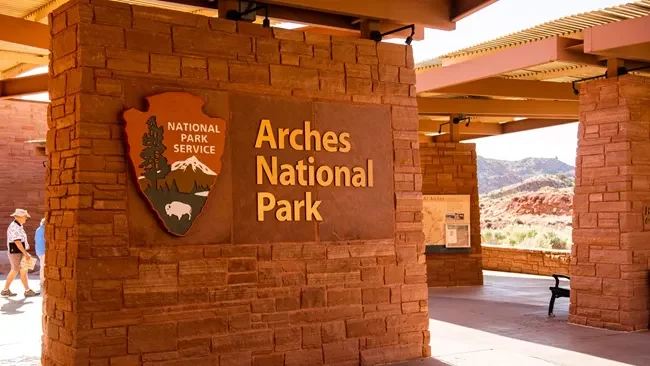Some information may be outdated.
On Sept. 29, Judge Don Torgerson of Utah’s Seventh District Court heard a case brought by three Grand County residents against Grand County, opposing the former County Council’s amendments to the county’s government plan. The case is the latest development in an ongoing effort to determine the structure of Grand County’s government.
The plaintiffs in the case are Ruth Dillon, former County Council administrator; Elizabeth Tubbs, former council member; and Marcy Clokey-Till, who served on the Change in Form of Government study committee.
Stephen Stocks, also a former member of the study committee and attorney for the plaintiffs, argued that the Grand County Council’s (now Commission’s) amendments to the optional plan constitute a substantive change in form of government, and therefore by law can’t go into effect without being approved by voters. He also argued that such a process cannot coincide with an ongoing change-in-form-of-government process—that is, the study committee’s recommendation.
Sloan, representing the county, argued that the change of language in the optional plan from “council” to “commission” reflects a change in the usage of those terms since 1992 (when the current form of government was adopted), rather than a change in the distribution of legislative and executive powers in the elected body.
In a ruling issued on Oct. 1, the court ruled against the plaintiffs, allowing the county’s amendments on the 2020 ballot.
However, the court’s ruling contains a footnote stating that the request for relief “was limited to the issues concerning the ballot and whether the Council could legally add propositions on the same general election ballot, alongside the Study Committee Plan.”
The same footnote states that the ruling does not attempt to evaluate the merits or legality of those amendments—it only specifically addresses the validity of the additional propositions on the ballot.
However, the plaintiff’s petition specifically requests an injunction prohibiting the former county council from redesignating itself as a commission. That action was one of the amendments to the optional plan, not a ballot question.
Stephen Stocks, also a former member of the study committee and attorney for the plaintiffs, has filed a request for clarification from the court on this point.
Appreciate the coverage? Help keep local news alive.
Chip in to support the Moab Sun News.




